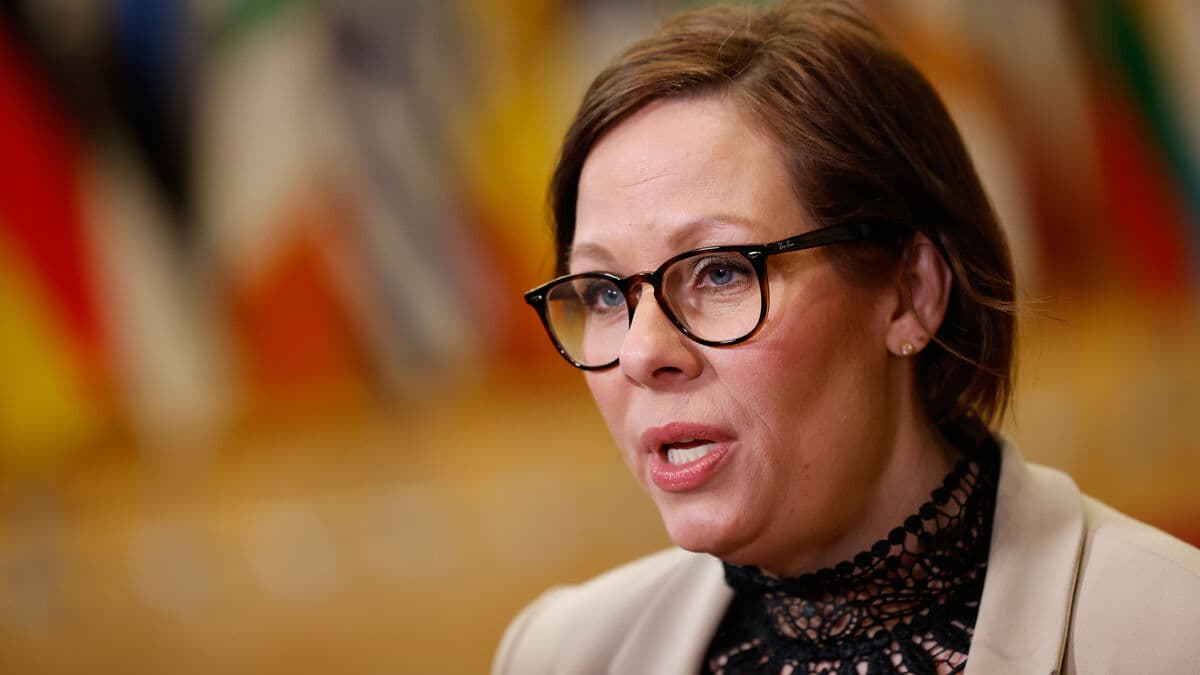Tests to reveal cancer, full-body scans, analysis of gut flora, and fertility. These are just a few examples of different tests that celebrities advertise on social media.
However, much of what is written is highly misleading, according to experts who have reviewed nearly 1,000 posts on Instagram and TikTok.
The researchers, active at, among others, the University of Sydney in Australia, have focused on influencers with at least 1,000 followers who post about various health tests in English.
They have reviewed whether the claims about medical tests hold up. And the answer is no.
Not risk-free
The review, published in the scientific journal Jama Network Open, shows that 85 percent of the posts did not mention any problems with the tests, such as the lack of scientific evidence.
"The posts give the impression that it's about taking control of one's health. The problem is that the tests are unnecessary for most people. Many times, the science behind them is shaky," says Brooke Nickel, from the School of Public Health at the University of Sydney, who led the research, in a comment.
The researchers react, for example, to AMH tests for home use that claim to show how fertile a woman is, despite many experts not considering these to be reliable.
Another example is testosterone tests for men that are often marketed together with supplements that claim to promote masculinity and potency.
"This is risky, since the long-term side effects of testosterone replacement therapy are not yet known," says Brooke Nickel.
Economic interests
Of the reviewed posts, only six percent mentioned the risks of overdiagnosis or overtreatment, and six percent brought up scientific evidence that they work. On the other hand, 43 percent contained personal anecdotes that marketed the test.
Nearly 70 percent of the influencers also had economic interests in advertising the tests through collaborations, sponsorships, or selling them themselves.
The researchers write that since the companies that operate social media platforms are moving away from fact-checking, it is important to find other ways to regulate medical claims.






